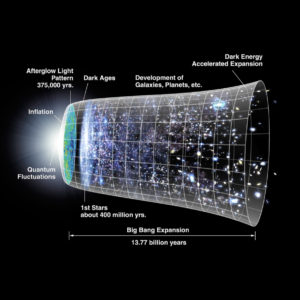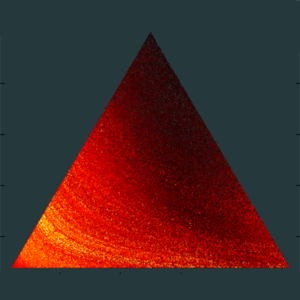Testing General Relativity
Binary black holes are excellent laboratories for testing predictions of Einstein’s theory of gravity, General Relativity. I am involved in multiple approaches to testing general relativity using gravitational-wave observations.





